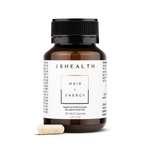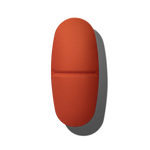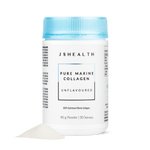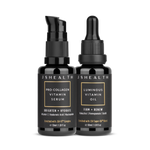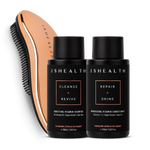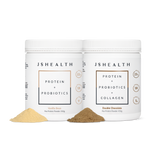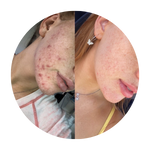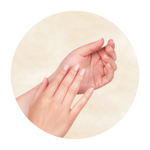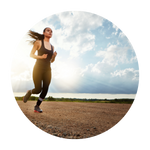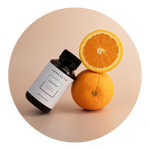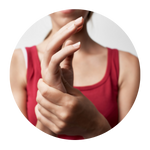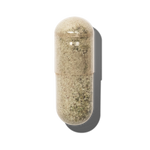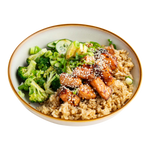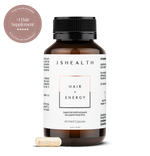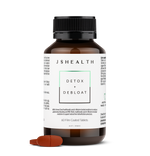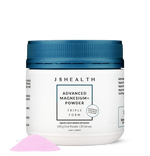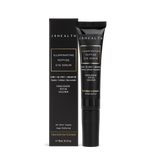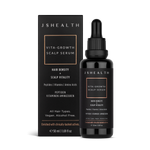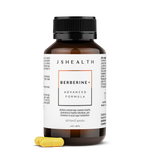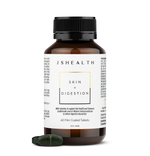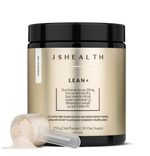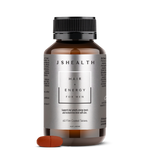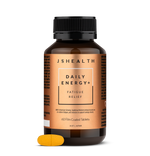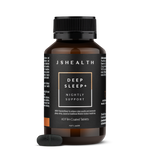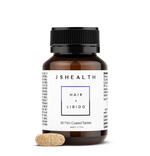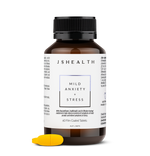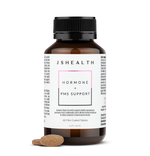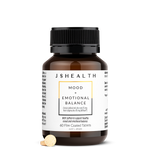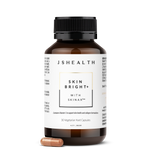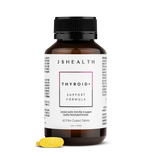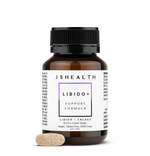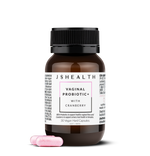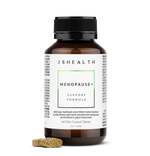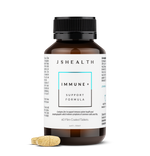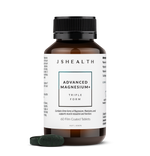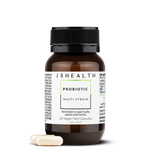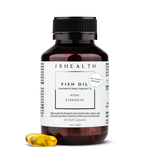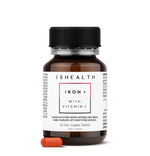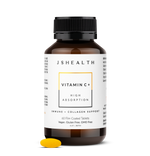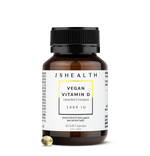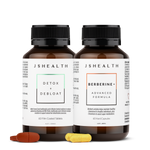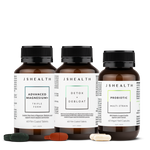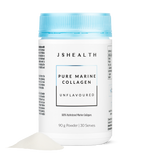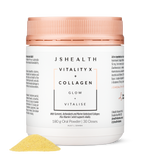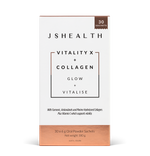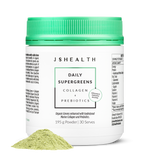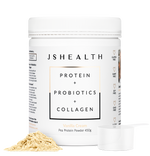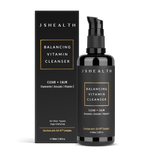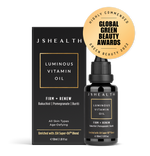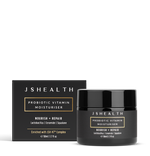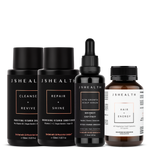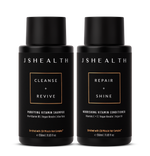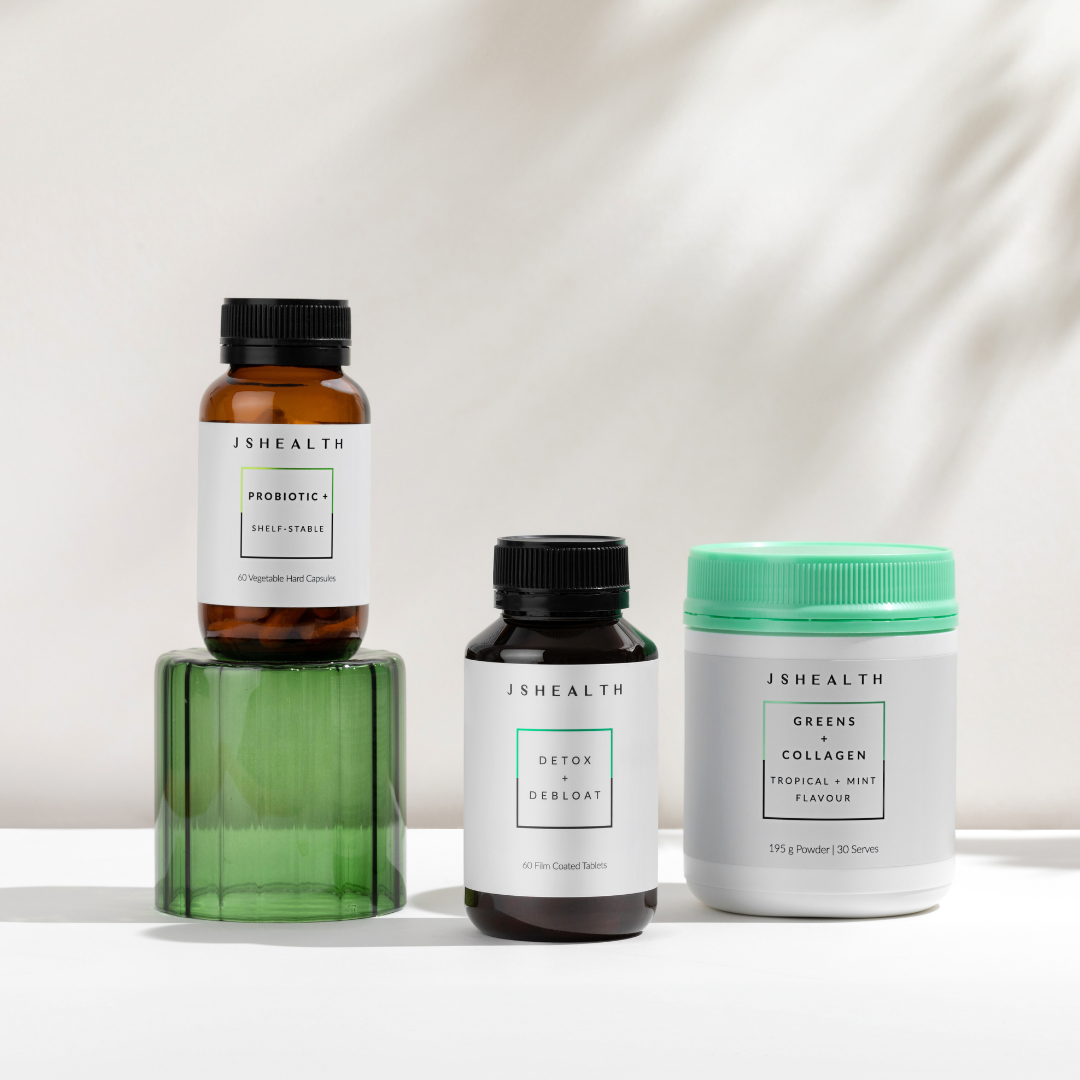3 Steps for Healthy + Happy Travel
Travelling offers an incredible opportunity to explore new places and cultures, however it can also disrupt our regular regimes and leave us feeling less than our best!
We know that your inside-out health and wellness should never take a backseat, so we’re sharing three easy steps for happy travel.
Whether you're crossing time zones or navigating unfamiliar cuisines, these strategies will help you feel energised, balanced, and ready to make the most of every moment spent abroad.
1. Supercharge Your Immune System
Our bodies come into contact with a diverse range of new germs and bacteria whilst travelling.
Fortifying your immune system is essential for feeling your best along the way:
- Prioritise hygiene: Regularly wash your hands with soap and water (especially when navigating airports, transport or other public places).
- Stay hydrated with water and herbal teas, particularly in those hot and sunny destinations to avoid additional impact on your immune system.
- As much as possible, aim to nourish yourself with diverse, nutrient-rich meals filled with fruits and veggies to provide your immune system with the vitamins and minerals it needs to thrive.
- Consider supplementing with Vitamin C and Zinc, to bolster your defences against changing environments (1).
- Lastly, manage stress levels with relaxation techniques to ensure your immune system remains strong and ready to combat any additional stressors. Try our 3-Minute Breathing Sequence for FREE in the JSHealth App.
2. Give Your Digestion Some Love
You’re not alone if you’ve felt uncomfortable and bloated whilst travelling.
The long layovers, dehydration from flying, change in meal times and unique types of foods can be disruptive to a regular bowel (2).
- Hydrate, hydrate, hydrate! Adequate water is needed so that your body can absorb nutrients from food, and form regular stools.
- Whilst in the air, opt for light, nutritious meals packed with fruits, veggies, and lean proteins to ease digestion and prevent constipation.
- If you’re prone to digestive upset, steer clear of heavy, spicy, or greasy foods that could trigger any gut inflammation (3).
- Always pack a probiotic. A shelf-stable, multi strain probiotic will be your best travel companion, allowing you to maintain a balanced gut flora and support smooth digestion regardless of what cuisines you’re exploring!
- Where possible, opt for prebiotic and probiotic rich foods - like yoghurt, sauerkraut, tempeh or kombucha.
3. Say Au-Revoir To Jet Lag
It can be more than challenging to arrive in a new destination, ready to hit the ground running - only to be brought to a halt by all-encompassing jetlag.
Supporting your sleep in new environments can be crucial to enjoying your trip, as well as feeling refreshed and ready to seize the day, every day.
- Start by creating a relaxing bedtime routine: whether it's with a soothing cup of herbal tea or practising deep breathing and mindfulness exercises. Try our 2-Minute Mindset Practice for FREE on the JSHealth App.
- Consider packing an eye mask and earplugs to block out unfamiliar noises and light that might disrupt your rest.
- Opt for comfortable sleepwear to recreate the cosy comforts of home.
- If adjusting to a new time zone, gradually adapt your sleep schedule by exposing yourself to natural light during the day. The first half an hour of light in the morning is best. You can use the time to explore the city before it wakes up (4).
- Avoid screens 1 hour before bed to allow your nervous system to wind down.
- Instead of harsh sleeping tablets, reach for herbal supplement blends to assist you in adapting to a new circadian rhythm, as well as to support you in staying in deep sleep.
References
- Maggini, S., Beveridge, S., Suter, M., A combination of high-dose vitamin C plus zinc for the common cold, (2012), 40(1), pp. 28-42. PubMed
- Duboc, H., Coffin, B., Siproudhis, L., Disruption of Circadian Rhythms and Gut Motility: An Overview of Underlying Mechanisms and Associated Pathologies, (2020), 54(5), pp. 405-414. PubMed
- van Lanen, A.S., de Bree, A., Greyling, A. Efficacy of a low-FODMAP diet in adult irritable bowel syndrome: a systematic review and meta-analysis, (2021), 60(6), pp. 3505-3522. PubMed
- Blume, C., Garbazza, C., Spitschan, M. Effects of light on human circadian rhythms, sleep and mood. (2019), 23(3), pp. 147-156. PubMed
